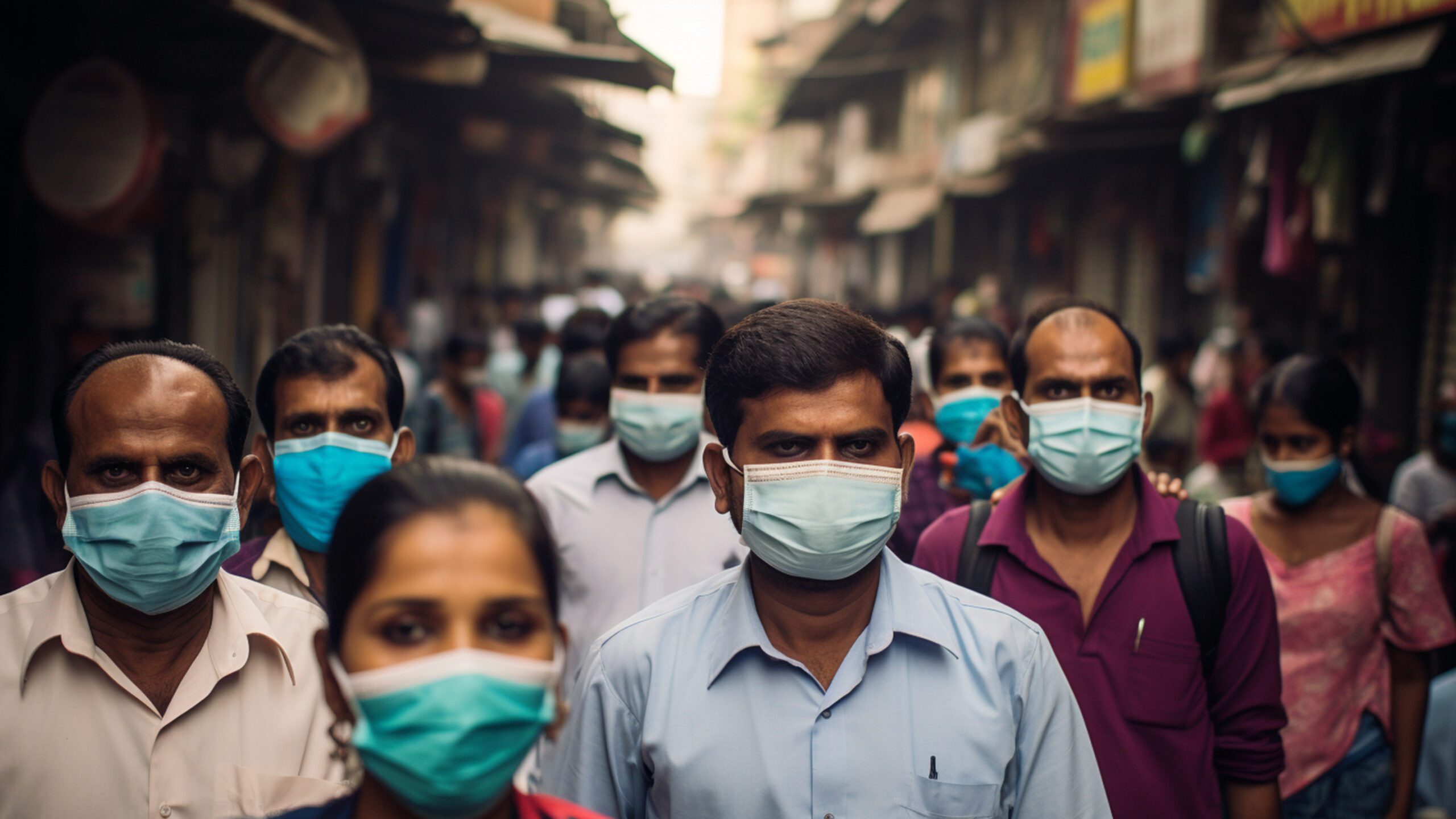CGHR’s COVID research focuses on two pillars.
The first is the Action to Beat Coronavirus (Ab-C) Study in Canada that aims to investigate how many Canadians have been infected by the virus which causes COVID, and how population immunity from vaccination has risen over time. Ab-C has conducted six rounds of data collection among a random sample of several thousand adult Canadians to understand their COVID experience (exposure, testing, disease and long-COVID). Those same Canadians were be asked to take a self-administered dried blood spot test that will be safely delivered to their homes and can be returned by post. Over 30,000 samples have been collected and analyzed.
The second pillar is global COVID mortality estimation, focused on quantifying excess and cause-specific deaths during the COVID pandemic, which likely killed about 20 million people worldwide. Studies in Canada, China, India, Sierra Leone and elsewhere will be able to document the pandemic, and pave a way to understand how to mitigate future pandemics.

